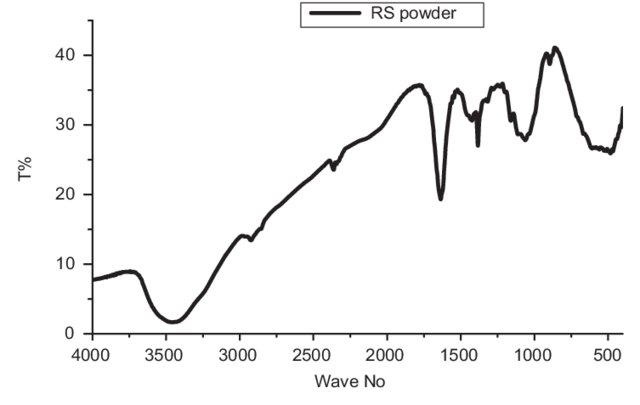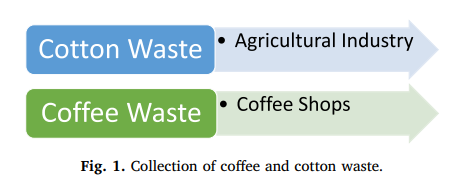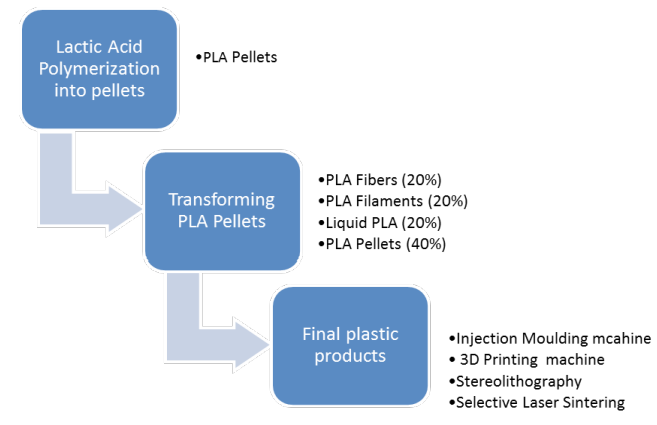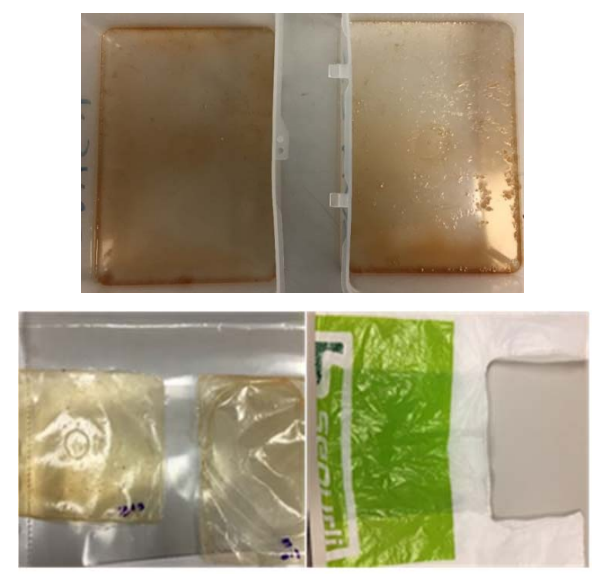Faculty Office Ext.
1728
Faculty Building
UB2
Office Number
G40
Irene S. Fahim (Senior Member, IEEE- EDS chair) an associate Professor, Industrial and Service Engineering and Management department, Nile University Cairo, Egypt and the Director for Smart Engineering systems research center, Nile University. She is a Fulbright alumna. She earned in 2018 a Diploma of development practice, Regis University, Denver, USA. She finished my PhD in Mechanical Engineering, The American University in Cairo (AUC). Egypt in 2015. Before that, she earned her master’s and BSC in Mechanical Engineering, AUC. She won the state encouragement award for women 2020, and Hazem Ezzat Research excellence award, 2021 and Loreal UNESCO for Women in Science 2021 Egypt young talents program. She received a grant for Egypt Higher Education Climate change partnerships Grants in collaboration with Nottingham University and the British council. She received a grant for capacity building for “Women in Science and Engineering" from IEEE Circuits and Systems Society. She also received several grants for gender equality and capacity building in Education from the British council. She was selected in 2019 to be among the members of the first scientific council of the Egyptian Young Academy of Sciences (EYAS) as a part of the Academy of Scientific Research & Technology (ASRT) to empower and encourage young Egyptian scientists in science and technology. She participated in Fulbright Junior Faculty program for renewable energy in 2016. I was also a part of an Entrepreneurship and leadership Program, 1000Women, Goldman Sachs,2016 which was executed at AUC for 6 Months. She won Newton Mosharfa institutional link award for two years in collaboration with Nottingham University, UK. for manufacturing plastic bags from natural materials where She got acknowledged by Mr. President Abdel Fattah El-Sisi for my work at the 3rd National Youth Conference in Ismailia, April 2017. She is a member in the Power Africa steering committee, volunteer in IEEE Smart Village committee and treasurer of IEEE CIS Chapter, Egypt. Moreover, she was one of the members in the Events Committee of the IEEE Humanitarian Activities, 2018.She was also the technical chair for the first IEEE SIGHT Egypt ideation camp 2018. She is currently a member of the impartial committee of the body for granting certificates of conformity for products, the General Organization for the Control of Exports, and Imports. She is also one of topical advisory panel, in Polymers Journal, MDPI, She is also a member of the Coronavirus Global R&I Collaboration Portal and a member in the Leaders in Innovation alumni society, Royal academy of Engineering and a member in the Egyptian National Network Nanotechnology.
1) Irene Samy received the Encourgamnet state award for Financial from ASRT
2) Irene Samy received the Research Excellence award from Nile University
3) Irene Samy received the Excellent Speaker Award from International Conference on Multidisciplinary Sciences and Advanced Technologies (ICMSAT2020), Malaysia.
4) Irene Samy received the 3rd Place Shark Zone Startup Competition from Vested Summit, Egypt.
5) Irene Samy received the Most Active Member in SESC center, Nile University from Smart Engineering Systems Research center, Nile University, Egypt.
6) Irene Samy received the Best Paper Award for Financial from the International Association for Management of Technology (IAMOT2019)
7) Irene Samy received the Zero Plastic-waste Challenge from Next society
8) Irene Samy received the Leadership in Innovation Award (2nd place) for Financial from the Royal Academy of Engineering
9) Irene Samy received the Appreciation Certificate for Efforts in Research from Mr. President Abdelfattah ElSisi, Egypt.
10) Irene Samy received the African Women Intra-trade Capacity Building Program from the School of Business Executive Education, AUC
11) Irene Samy received the Fulbright Junior Faculty Scholarship for Financial from Fulbright
12) Irene Samy received the Entrepreneurship and Leadership Program from Goldman Sachs Women's Program
13) Irene Samy received the “Teaching Women, a Business Education” from the Rotary Club 10th of Ramadan, Egypt.
14) Irene Samy received the Appreciation Award, Employee week, from German Federal Ministry for Economic Cooperation and Development.
Pagination
- Smart sustainable homes
- Digital Agriculture solutions
- Circular Product Development and Innovation in Egypt

Telecom Towers Structure Profiler (TTSP)
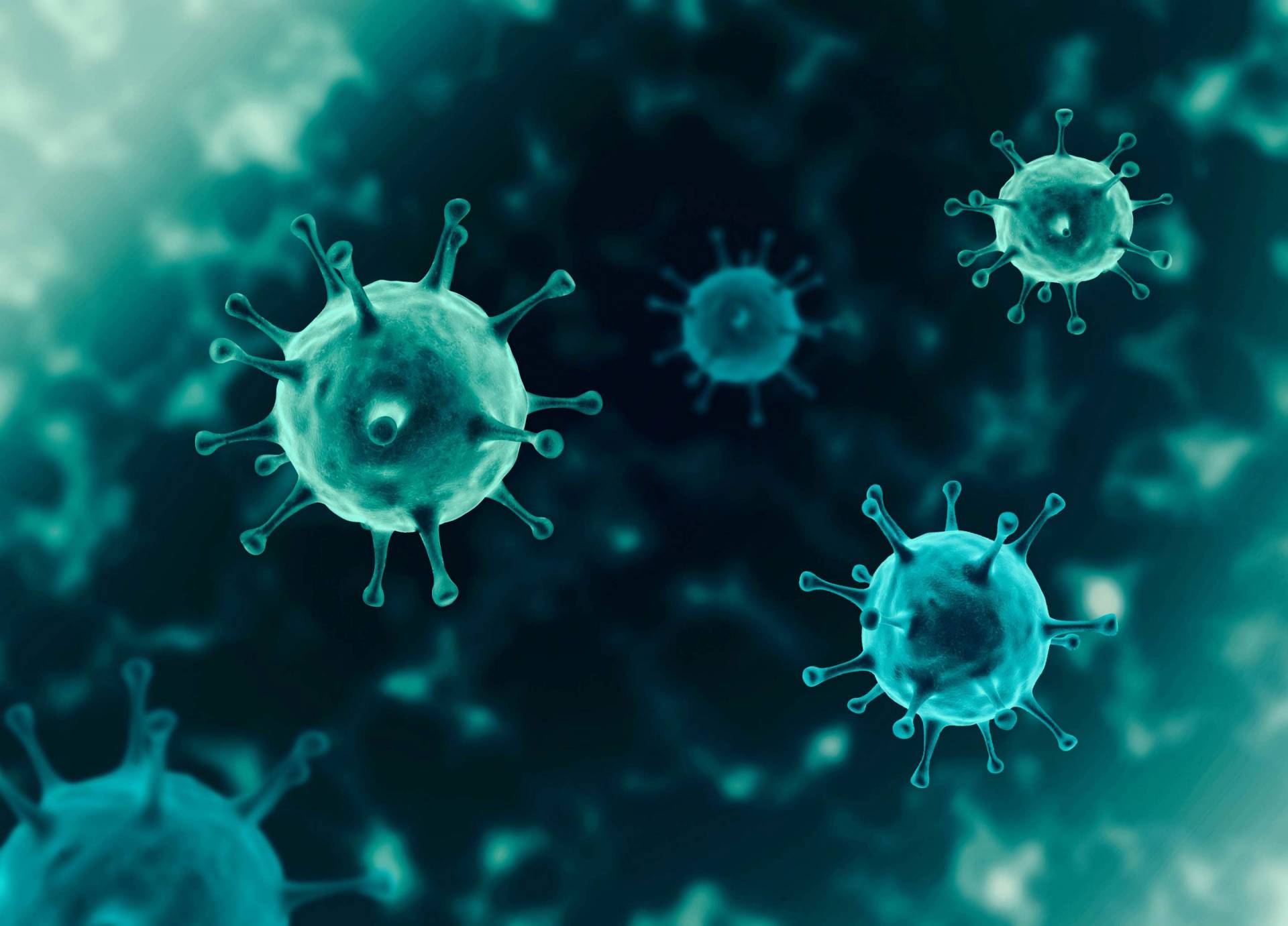
Integrated Artificial Intelligence and Design Expert to Forecast Spread of Corona Virus in Egypt
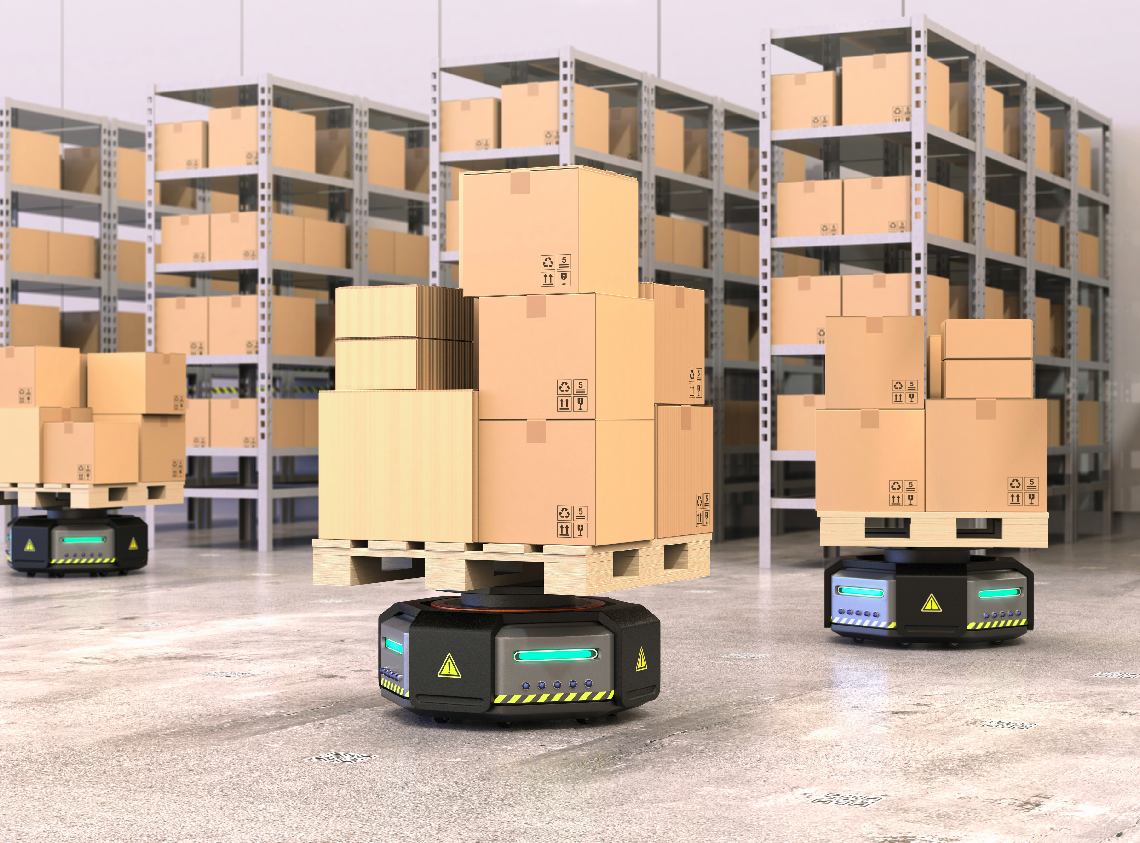
An Optimization Model for Green Supply Chain Management Using Powersim Simulation Software
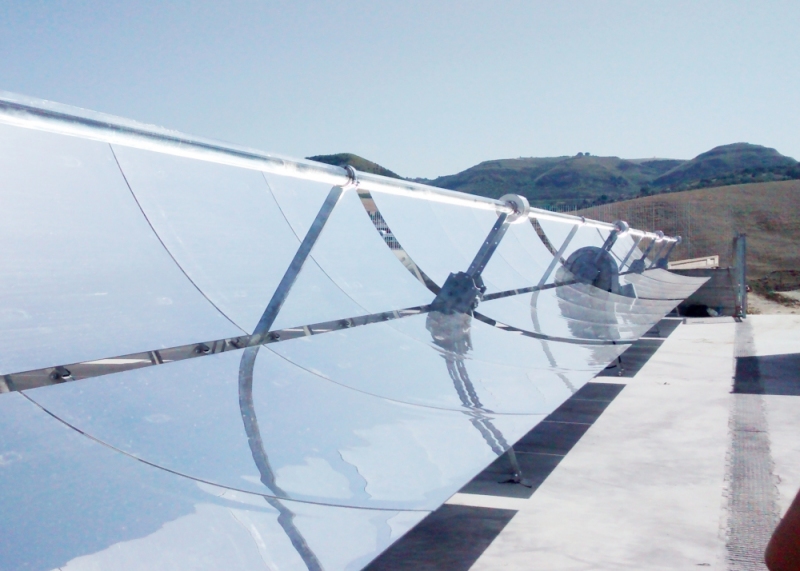
Parabolic Trough Collector for Home Applications
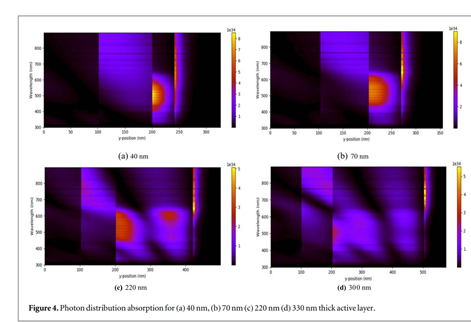
High Efficiency Solar Cells Using Wide Bandgap Organic Materials
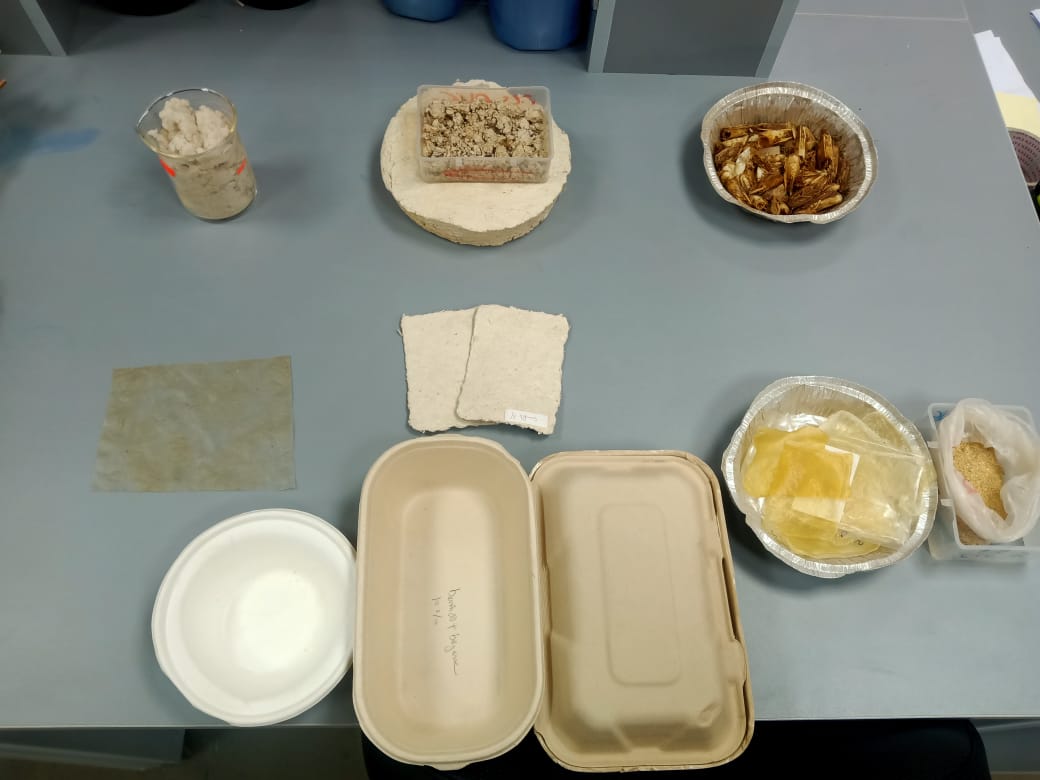
Mechanical, Physical Testing and Optimization of Bioplastic Membranes from Agricultural and Food Waste
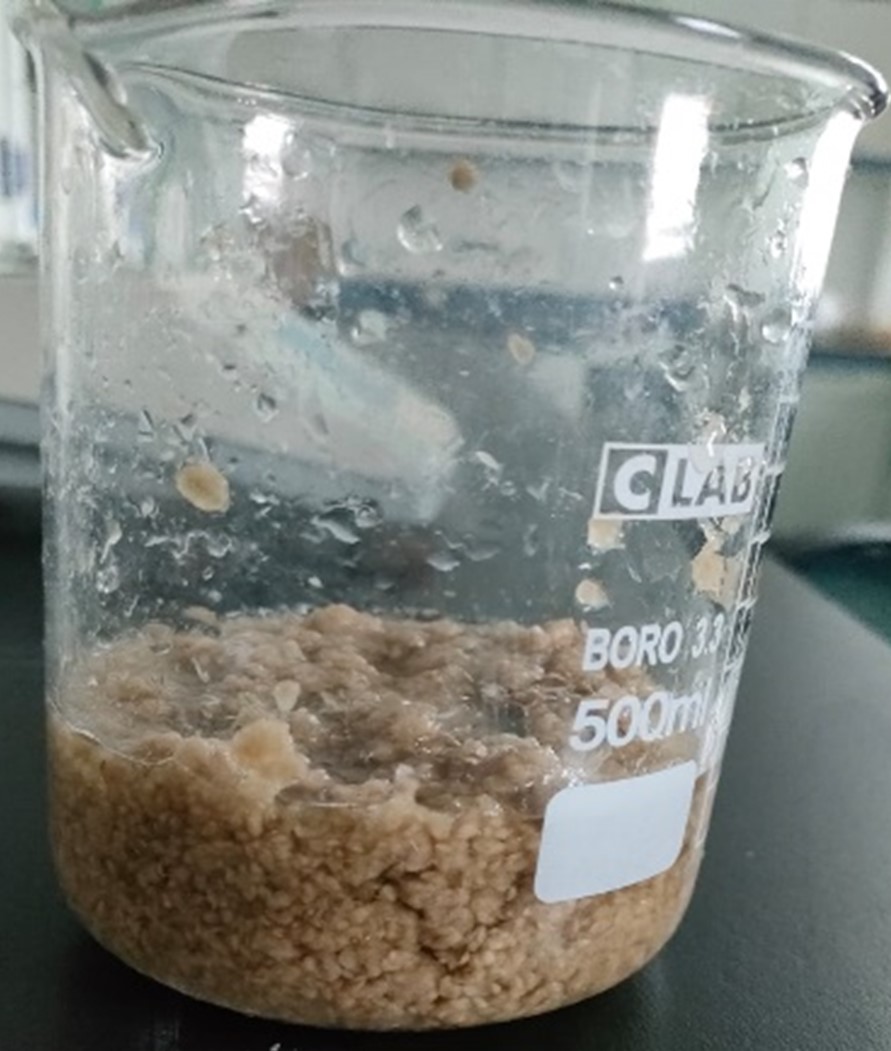
Application of Bioplastic Composites in Wastewater Treatment

Experimental Study on Sustainable Production of Concrete with Treated Alum Sludge
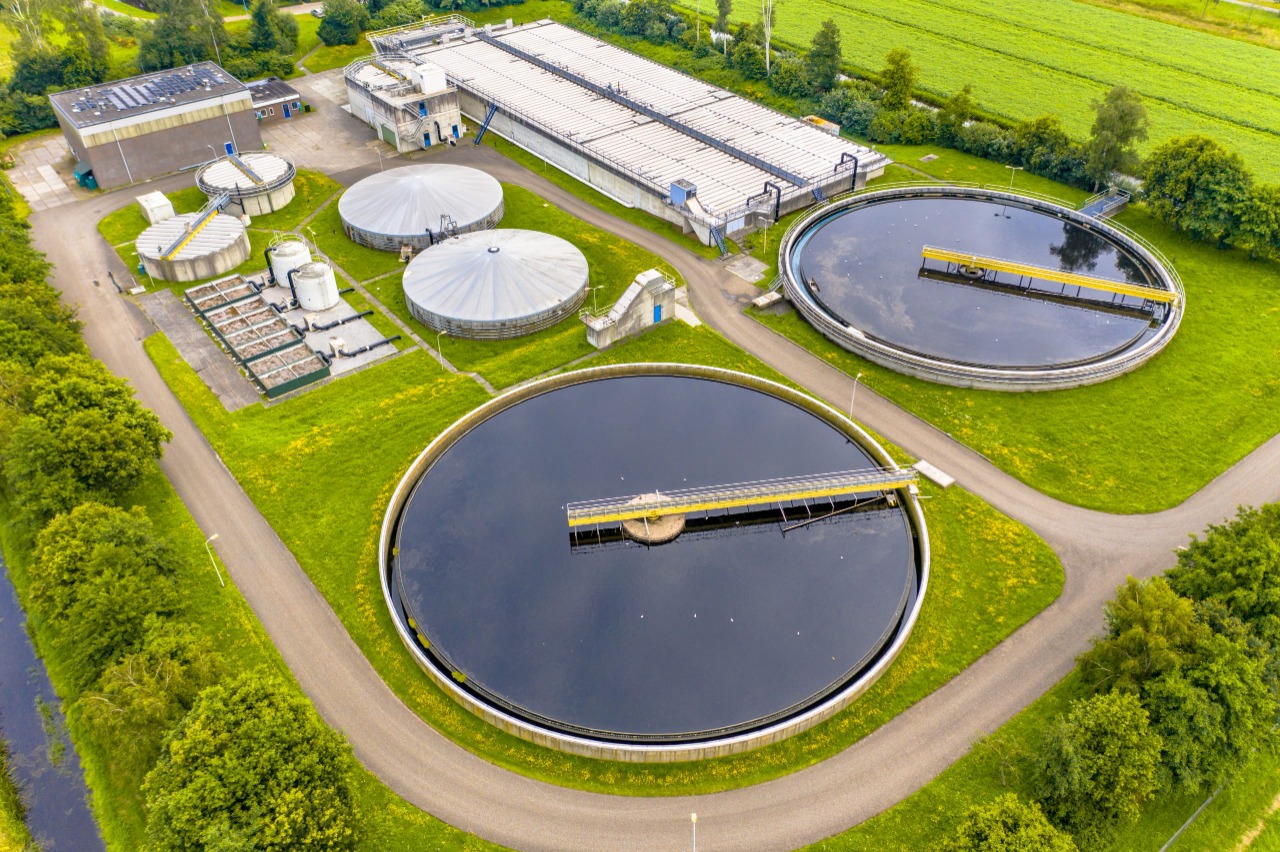
Multi-stage Low-cost Treatment of Dyes and Paints Wastewater by Coagulation, Adsorption, and Filtration for Reuse in Several Application
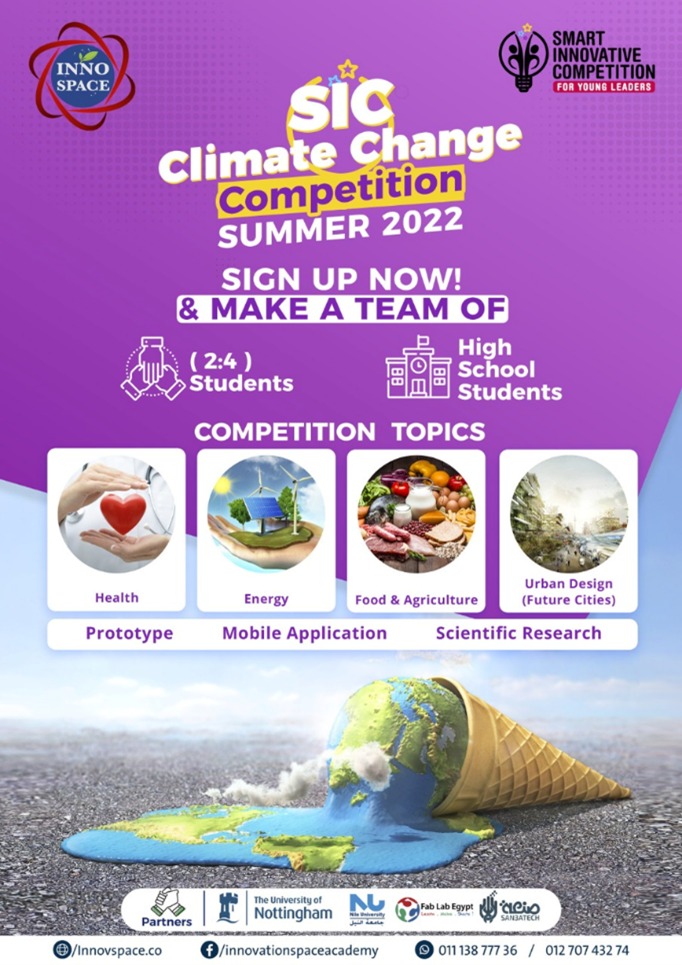
Next Generation Manufacturing for Sustainable Biomaterial Design
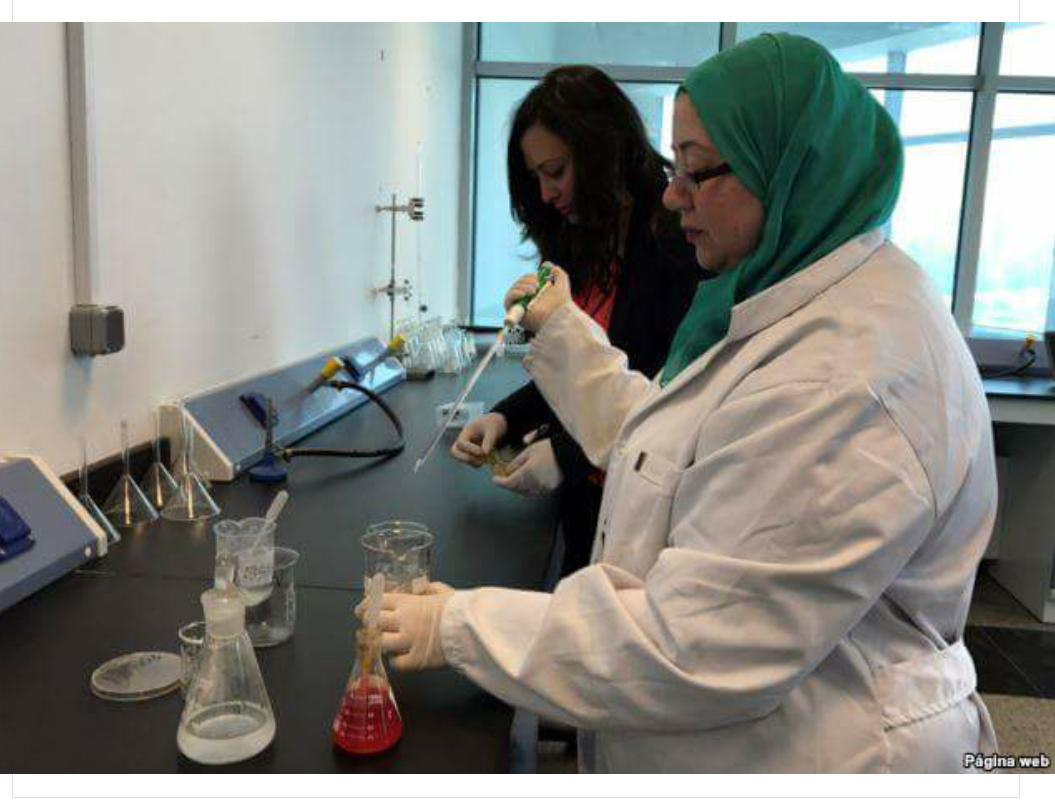
Turning Shrimp Shells into Eco-friendly Plastic

Unblocking the Equality Pipeline in Mechanical Engineering
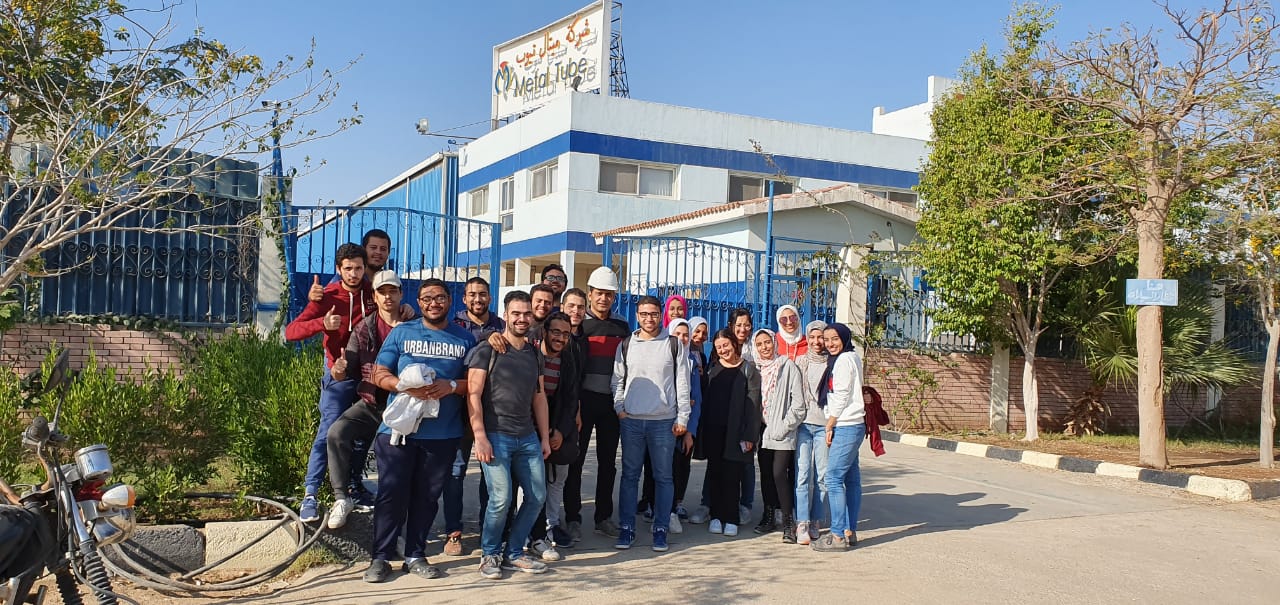
UK/Egypt Trans-national Education Partnerships Grants
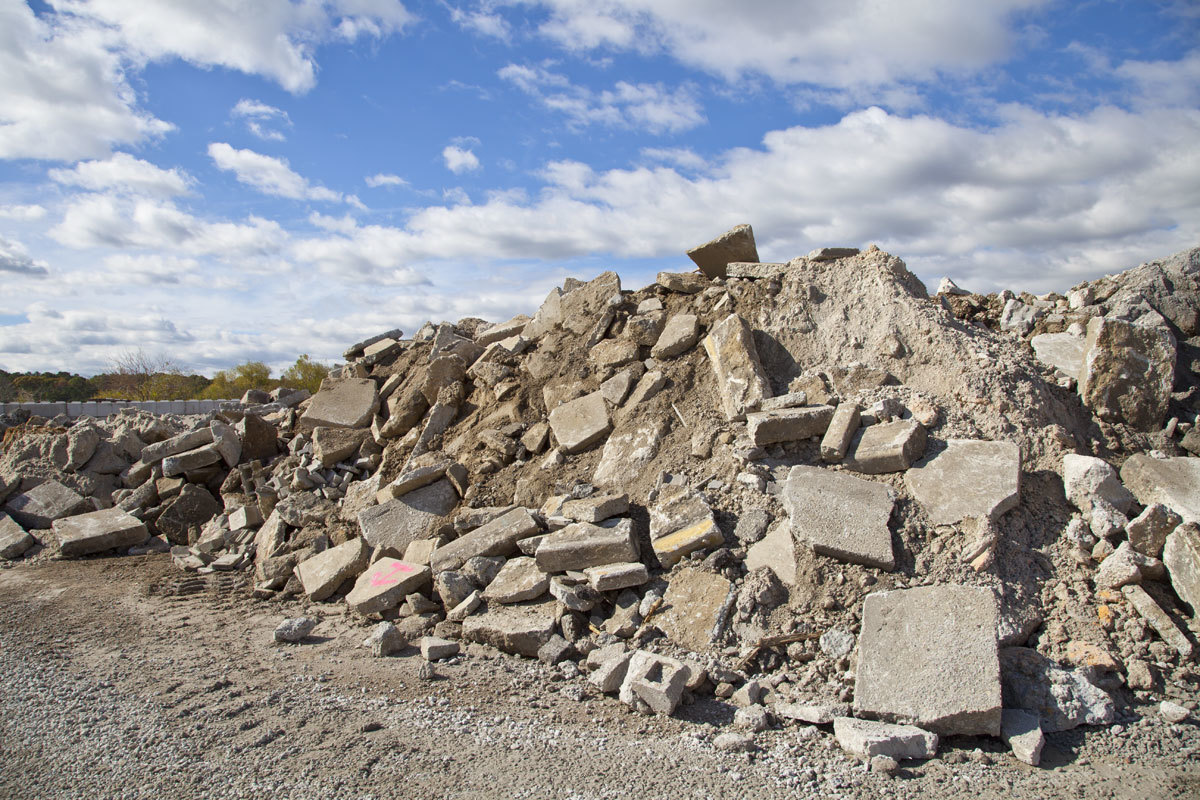
Replacing the Virgin Materials in Concrete with Waste Materials (Rubble, Plastics, Sludge, etc.)

Post Occupancy Evaluation – From Architecture to Energy Efficiency and Carbon Emissions: The Case Study of Nile University

Characterization, Development, and Life Cycle Analysis of EPS Geofoam for Use under Roadways Embankments

Cost-Effective Desalination by Falling-Film Freeze-Concentration with Minimal Environmental Impact

Managing and Recycling Water Hyacinth: Challenges, Methods, and Benefits

Sugarcane Bagasse Recycling for Wood-Based Panels

Activated carbon- from agricultural waste for removal of industrial dyes and heavy metals

Activated Carbon Nanoparticles for Enhanced Wound Healing and Tissue Regeneration

Enrichment of biological activity of zinc doped borate glasses by nano second laser irradiation

Bio-Mimetic Locomotion of Soft Turtle Robot

Fungus-Based Wood Composites: Mitigating Climate Change through Sustainable Utilization of Agricultural Waste

AI-Driven technologies for plastic waste management in marine environments: Biodegradation of PET and advanced detection technologies

Assessing Environmental Sustainability: Life Cycle Assessment of Cotton Stalk Utilization for Wood Composites, Bioethanol, and Biogas Production

Advancing Sustainable Construction: Exploring Alternative Adhesives for Environmentally Friendly Building Materials

Bio-inspired Soft Robot for Monitoring Coral Reefs

Harnessing Coffee Waste for Green Corrosion Prevention and Circular Economy

Multi-Stage Low-Cost Treatment of Dyes and Paints Wastewater for Reuse: A Comprehensive Approach

Pharmaceuticals Wastewater Treatment

Sustainable Solutions for Single-Use Plates

Transforming Olive leaves waste into Sustainable Corrosion Inhibitors for a Greener Future





